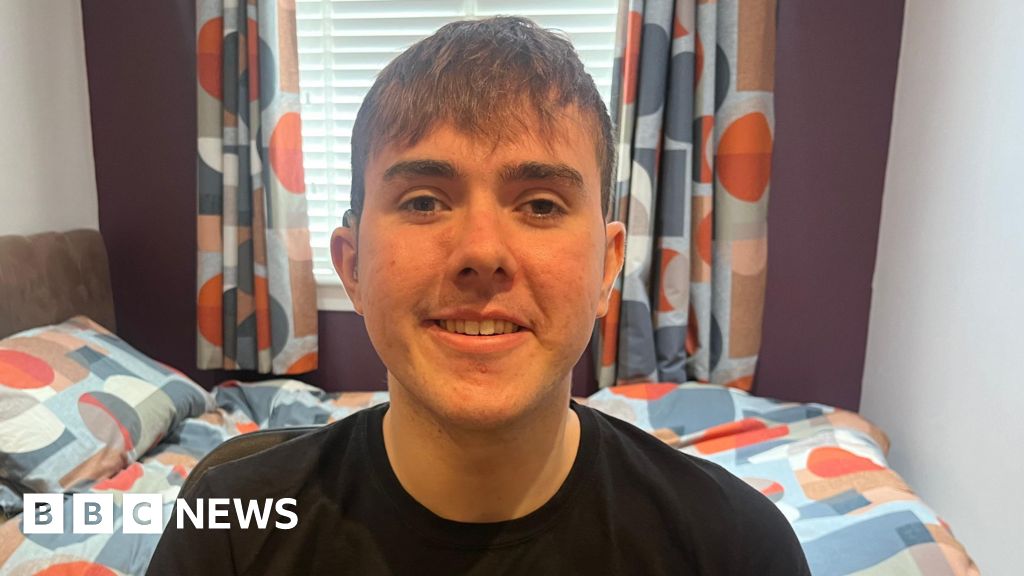World
I’m deafblind – but Scotland doesn’t recognise my disability

Instead of getting the support they need for the dual condition, those affected are treated separately for sight loss and hearing loss, with many of their needs not met as a result.
The charity has to estimate the numbers affected because there is no data on the condition which does not officially exist here.
Andrew knows what it is like to experience isolation through deafblindness.
His mother, Josephine Owen told BBC Scotland News: “It happened at a young age while he was in primary school.
“Before that, he was a boy with lots of friends who participated in many activities. Suddenly, these kids didn’t know how to deal with it and kept their distance.”
Josephine taught herself the deafblind manual, which is a series of words and letters spelled on a person’s hand.
She emphasised the need for early intervention, saying her son was “always clever enough” to go to university but wouldn’t have been able to do so if there had been a lack of support early in his education.
Andrew wants to highlight the urgent need for Scotland to recognise deafblindness as a distinct disability.
“I believe having a clear definition is the first step towards a more inclusive Scotland,” he said.
“Policies that support us must consider the unique challenges we face due to both sight and hearing loss.”








